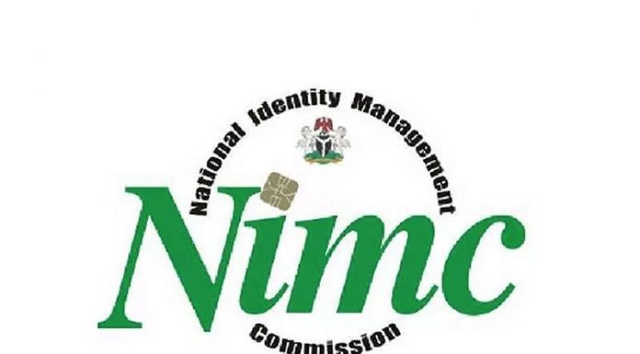Nigeria has secured $45.5 million in funding from the World Bank to boost its National Identification Number (NIN) enrolment as part of the Digital Identification for Development (ID4D) project. The funds, disbursed in tranches between December 2021 and April 2024, are aimed at enhancing the National Identity Management Commission’s (NIMC) capacity to register citizens and residents in the country.
The ID4D project, which received initial approval for $430 million in February 2020, is co-financed by the World Bank’s International Development Association, the French Agency for Development, and the European Investment Bank. The World Bank highlighted that the project is designed to provide marginalized groups in Nigeria with access to essential services and to strengthen the legal and technical safeguards of the ID system to protect personal data and privacy.
Despite a deadline to enrol 148 million Nigerians by June 1, 2024, the project has faced challenges in meeting this target. As of May, the number of registered NINs reached 107.34 million, up from 104 million in December 2023. The World Bank’s latest progress report describes the project’s advancement as ‘moderately satisfactory.’
To address these challenges, NIMC has renewed its collaboration with IDEMIA Smart Identity, a digital identity company, to upgrade its biometric systems. The goal is to enrol 200 million Nigerians by 2025. NIMC’s Director General, Abisoye Coker-Odusote, expressed confidence in reaching this target within the next few years.
The importance of the NIN system has grown amid Nigeria’s efforts to stabilize its economy and manage rising external debt obligations. With significant spending on debt servicing, the country is looking to diversify revenue sources and enhance foreign exchange earnings.
However, the project has faced hurdles, including issues with data management and security. In March, it was reported that a website, ExpressVerify, was illegally accessing and monetizing NIN data. This led to increased scrutiny from the Nigeria Data Protection Commission and the identification of several fraudulent websites involved in similar activities.
NIMC has assured the public that it is implementing robust measures to protect the database from cyber threats and ensure compliance with international and national data protection standards. Experts in the field have called for urgent action to address the proliferation of unauthorized access to the NIN database.
Esigie Aguele, CEO of VerifyMe Nigeria, emphasized the need to clamp down on inherited issues of access proliferation, noting that effective measures are necessary to safeguard the integrity of Nigeria’s identity management system.
As Nigeria continues to enhance its digital identification infrastructure, the ongoing efforts and funding from international partners are critical in ensuring the successful implementation of the NIN system and the broader ID4D project.











